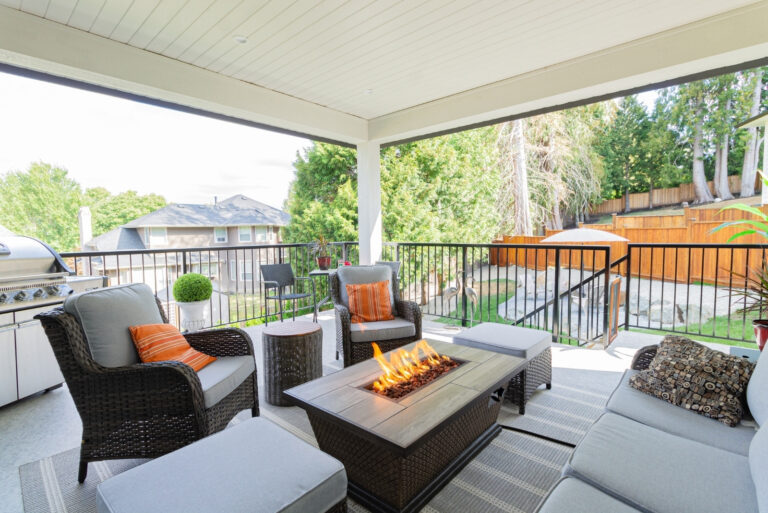9 Everyday Backyard Upgrades That Could Get You Fined In Florida
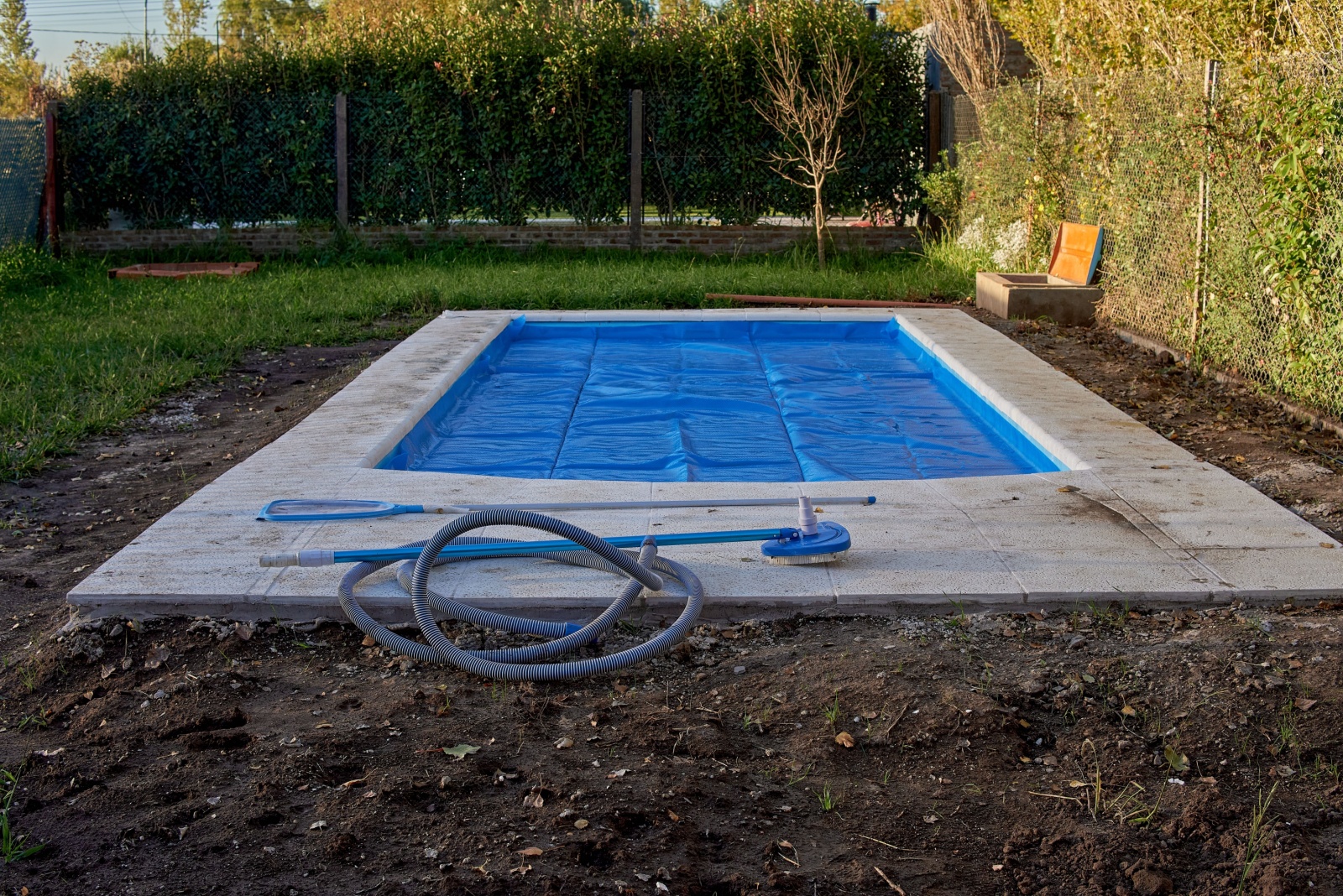
Florida homeowners love making their backyards more beautiful and functional, but not every project is as simple as it seems. Many common upgrades require permits, inspections, or special approvals that people often overlook.
What starts as a fun weekend project could end up costing you hundreds or even thousands in fines if you skip the legal steps.
1. Installing A Swimming Pool Without Permits

Swimming pools are a Florida staple, but building one without the proper permits can land you in hot water with local authorities. Most counties require detailed plans, safety inspections, and fence requirements before you can even break ground.
Skipping these steps might save time initially, but code enforcement officers can issue hefty fines and even demand pool removal. Always check with your city or county building department first. The permitting process protects you, your family, and future buyers if you ever sell your home.
2. Building A Shed Without Approval
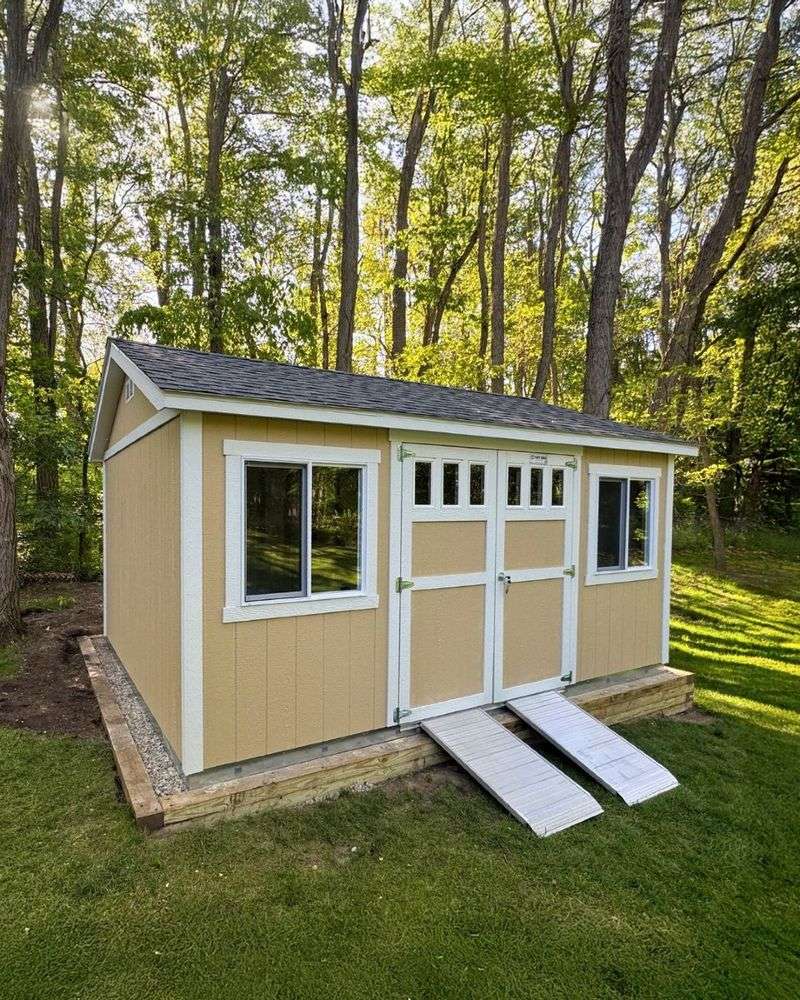
A backyard shed seems harmless enough, but many Florida municipalities have strict rules about structure size, placement, and setbacks from property lines. Even small sheds often need building permits, especially if they have electrical wiring or plumbing.
Violating setback requirements or building without approval can result in fines and forced removal. Some homeowners associations also have their own guidelines you must follow. Before hammering the first nail, contact your local building department and review your HOA rules to avoid costly mistakes down the road.
3. Adding A Deck Or Patio Structure
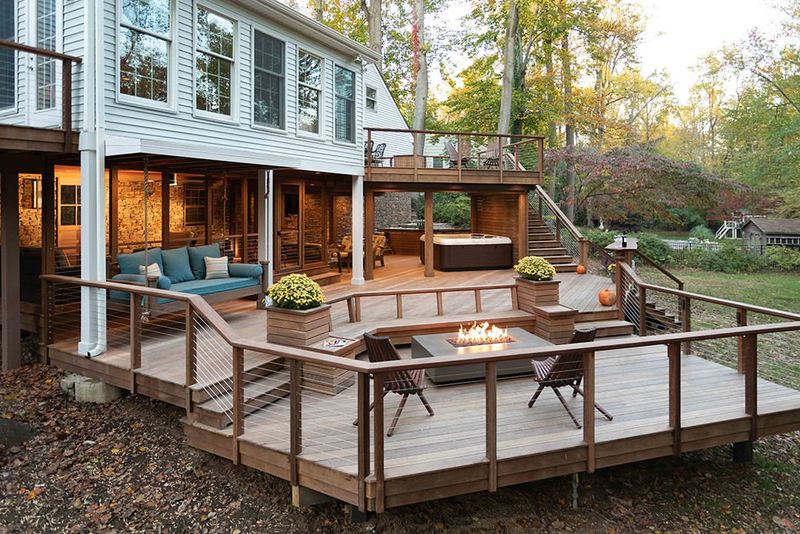
Decks and covered patios create wonderful outdoor living spaces, but they almost always require permits in Florida. Building codes ensure structures can withstand hurricanes, heavy rain, and high winds common in the state.
Unpermitted decks pose safety risks and can complicate home sales or insurance claims. Inspectors check foundation work, railing height, and load-bearing capacity during the approval process. Getting caught with an illegal deck means paying fines plus the cost of bringing everything up to code. Save yourself the headache by doing things right from the start.
4. Installing A Fence Over Height Limits
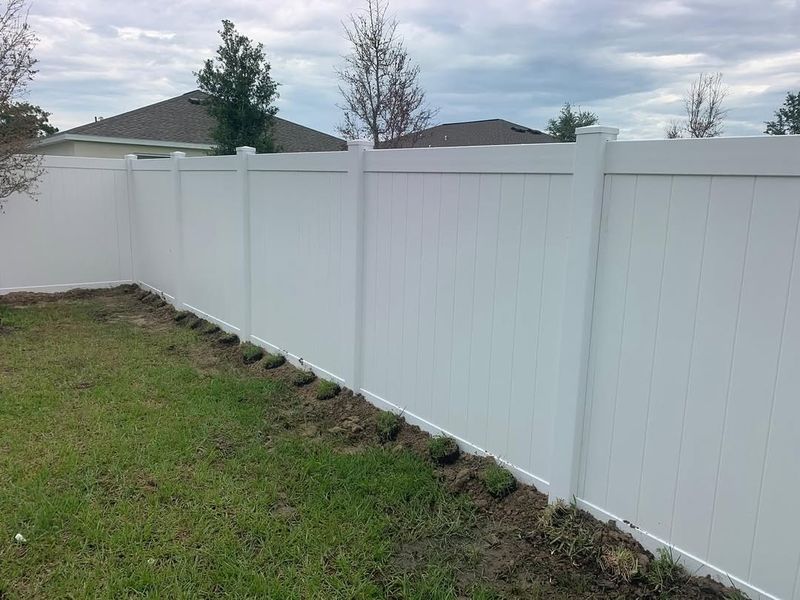
Privacy fences are popular in Florida, but cities and counties enforce strict height restrictions, typically limiting front yard fences to four feet and backyard fences to six feet. Going taller without a variance can trigger complaints from neighbors or code enforcement.
Fines accumulate daily until you bring the fence into compliance, which often means expensive modifications or complete removal. Homeowners associations may have even stricter rules than local ordinances. Before installing any fence, verify the maximum allowed height and required setbacks with your local government and HOA.
5. Creating Outdoor Kitchens With Gas Lines
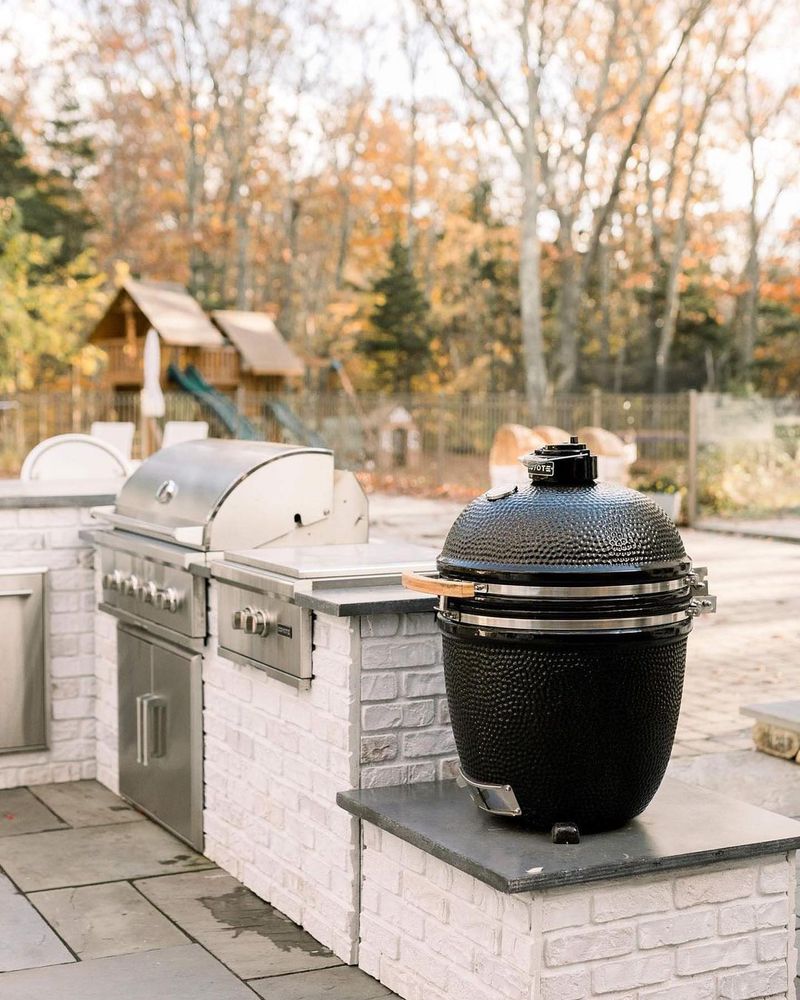
Outdoor kitchens with grills, pizza ovens, and refrigerators make entertaining a breeze, but adding gas lines or electrical connections requires licensed professionals and proper permits. Florida takes fire safety seriously, especially with propane and natural gas installations.
DIY gas work is illegal and incredibly dangerous, risking explosions, fires, and carbon monoxide poisoning. Code violations result in steep fines and potential liability if accidents occur. Always hire licensed contractors who pull the necessary permits and schedule required inspections. Your family’s safety is worth the extra investment and paperwork.
6. Building A Treehouse For Kids
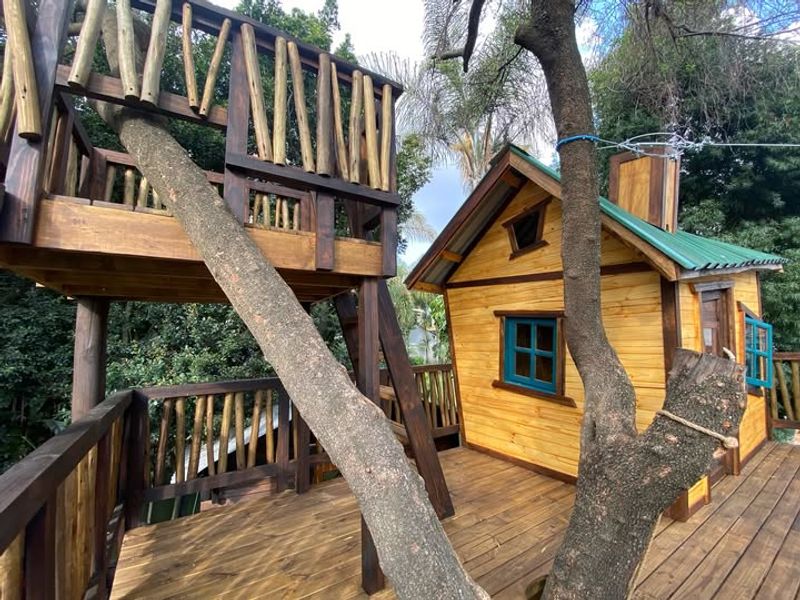
Treehouses spark childhood imagination, but Florida building codes often classify them as accessory structures requiring permits. Height restrictions, setback requirements, and safety standards apply even to these playful additions.
Some neighborhoods prohibit treehouses entirely through HOA covenants. Building without approval can result in fines and mandatory dismantling, breaking your kids’ hearts in the process. Check local zoning laws and HOA rules before construction begins. Many areas allow small, simple treehouses without permits, but larger or more elaborate designs definitely need official approval and inspections.
7. Installing A Fire Pit Or Outdoor Fireplace

Fire pits and outdoor fireplaces create cozy gathering spots, but Florida fire codes regulate their size, fuel type, and distance from structures. Permanent installations typically require building permits and inspections to prevent fire hazards.
Many municipalities ban open burning entirely during dry seasons due to wildfire risks. Portable fire pits may be allowed, but permanent structures almost always need approval. Violating fire codes brings fines and potential liability if fires spread or cause injuries. Research local ordinances and obtain necessary permits before installing any permanent fire feature in your yard.
8. Adding A Pergola Or Gazebo

Pergolas and gazebos add charm and shade to Florida backyards, but most counties classify them as structures requiring building permits. Size matters too, with larger installations facing stricter scrutiny and inspection requirements.
Even freestanding structures need approval if they exceed certain dimensions or include electrical wiring for lights and fans. Unpermitted structures can delay home sales and invalidate insurance coverage during hurricane damage claims. Before purchasing materials, confirm permit requirements with your building department. The approval process ensures your beautiful new structure can withstand Florida’s intense weather and remain safe for years.
9. Changing Yard Drainage Or Grading
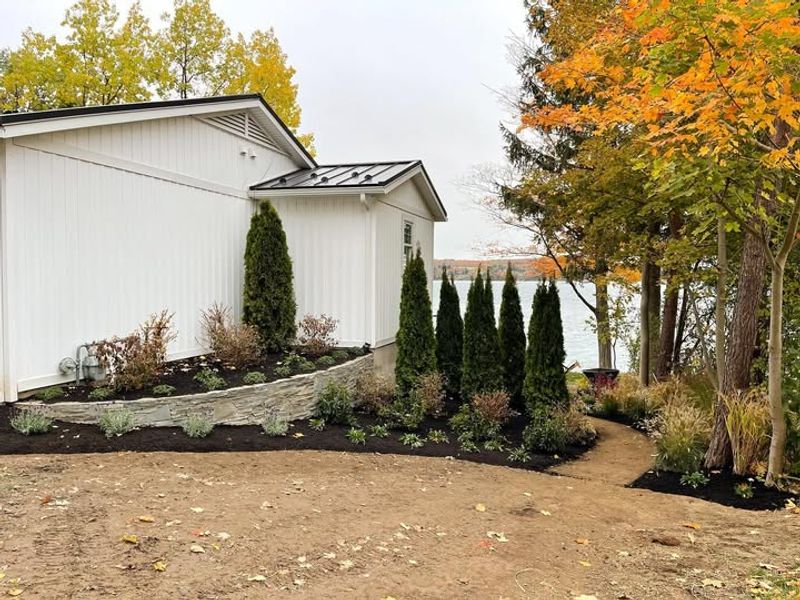
Altering your yard’s drainage or grading seems simple, but Florida’s high water table and frequent flooding make these changes legally regulated. Redirecting water onto neighboring properties or into protected wetlands violates environmental and drainage ordinances.
Unpermitted grading work can cause flooding, erosion, and sinkholes affecting entire neighborhoods. Fines escalate quickly, and you may be forced to restore original conditions at significant expense. Always consult with your county’s stormwater management department before moving dirt or changing drainage patterns. Proper planning protects your property value and maintains good relationships with neighbors.






